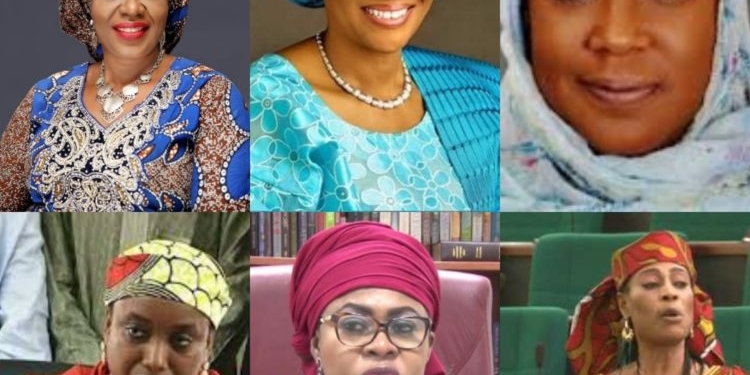The National Assembly, Political parties, Political structure which encourages Voters’ inducement and the Media have contributed to some of the hindering factors for the effective participation of women in politics.
Towards addressing these and improving the participation of women in politics, the International Press Centre, IPC in partnership with Yiaga Africa and the Nigeria Women Trust Fund, NWTF organized a media roundtable in gender and electoral Reforms, with the theme – “Dissecting the issues for gender inclusion in electoral reforms”.
In a communiqué issued at the end of the roundtable discussion, stakeholders, including Politicians, International Federation of Women Lawyers (FIDA) and Nigeria Association of Women Journalists (NAWOJ), identified the challenges women face in politics as –
“Members of the National Assembly members have practically handed over so many things to political parties to decide; hence, parties have been relegating women when it comes to making important decisions in the electoral process;
“Women are affected by electoral delineation and so find it difficult to vote during elections;
“Vote buying/vote selling is a major obstacle to women participation in politics.
“The Media often under-report women political office holders.”
They, however, recommended that “Women need to be groomed and mentored to take political leadership positions;
“Women should be well funded to be able to participate and compete effectively with male counterparts in politics;
“Women should develop the political will to grow in politics. They should have political foundations;
“Women need to look at the internal party mechanism of their political parties and assess how to overcome the issue of godfatherism that is limiting their chances;
“Women should not wait for the amendment of section 81 of the constitution before pushing for the reform of the Electoral Law;
“Women politicians should regularly engage with and make themselves accessible to the media to ensure better visibility;
“There is a need for experienced women to mentor and support other women so that when women in offices are leaving, they should be able to hand over to other women;
For the media, it was recommended that; “Journalists should publish special reports on the inclusive issues of women in the electoral process to aid the passage of amendments that would advance female participation;
“The media should adequately report the position of the 11 female members of the National Assembly on the on-going electoral reforms and other issues of gender concern;
“Media should mount pressure on members of the National Assembly to be interested in women issues including adopting the “naming and shaming” approach;
“The Media should go beyond mere reporting to set agenda for the political leadership on gender-inclusiveness;
“NAWOJ should sensitize women to support and vote women;
“The media should undertake special reports about the electoral Act and reflect the views of stakeholders on need reforms to aid women participation;
“Media should conduct special interviews that will serve as a platform to access and aggregate priority issues on gender inclusion in electoral reforms;
“Media managers need to deliberately create free slots for women to air their voices in the media during the electoral processes including elections.
Key recommendations were also made to the National Assembly, Independent National Electoral Commission, Civil Society Organizations, Security forces and Government.

